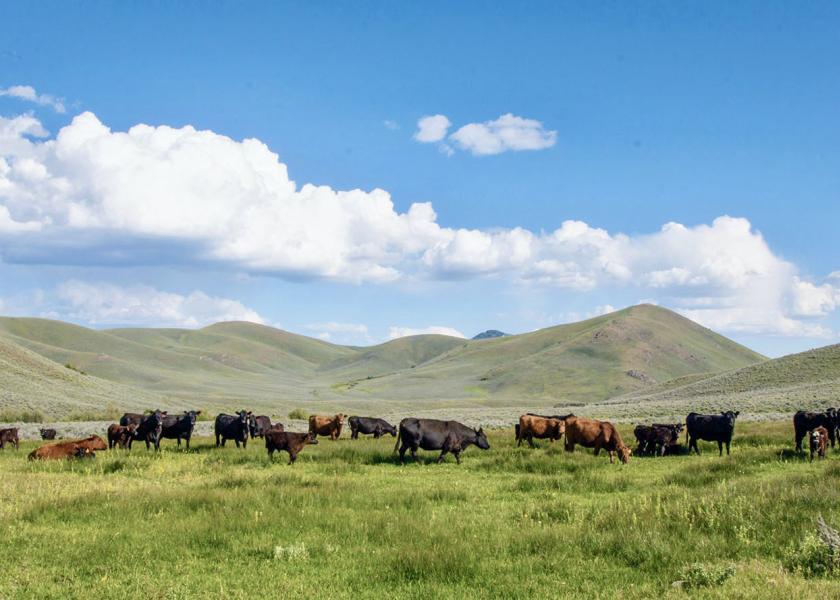Nalivka: The Importance of Data Quality

It is an understatement to say that predicting consumer beef demand has become increasingly challenging. However, the demand side of the equation has become increasingly crucial to the market’s performance as the per capita beef supply will decline in response to tighter cattle numbers. This includes both U.S. and global consumer demand as both have become less predictable.
U.S. beef exports were record high in 2022 with China increasing the import of U.S. beef. However, in 2023, our beef exports to China fell 22% as China sought lower-cost beef from Brazil. This may be the result of sourcing lower-cost beef, but in addition, China is keen on self-sufficiency, at least from the U.S. Certainly, this should be a strong signal for the U.S. beef industry to build a solid, global market for U.S. beef that is not contingent on trade only with China.
In addition to the price of a product, there are many factors that impact consumer’s willingness and ability to buy a product. In that regard, an article in “The Numbers” column of the December 29, 2023, Wall Street Journal entitled, “Data Quality Is Getting Worse When We Might Need the Numbers Most” by Josh Zumbrun caught my attention. In his regular column, Zumbrun looks at many aspects of data from where it originates to how it is used and / or abused. I thought, how profound! I also look at and write about the numbers and what they mean to the market with government data as one source. Going to the next step, I analyze the data, draw conclusions as to what the data might mean to the market, and then make forecasts and recommendations accordingly and data quality is important.
While I often question USDA survey data that impacts the market and call for closer scrutiny of that data, the Wall Street Journal column referring to survey data regarding the general economy expressed a similar apprehension with the data, particularly data from surveys with declining response rates. Going back to the question of demand, this is the very data that we reference when considering the health of the economy and ultimately the consumer’s income and the willingness and ability to spend that income, not the least of which is to buy red meat and poultry products.
Data quality is important. It is affected by several factors, not the least of which is the response to the surveys that collect the data. Businesses depend on data and data analysis to make decisions whether directly or indirectly. The market analysis provided by Sterling Marketing is no less dependent on that data quality whether it be for ag markets or the general economy.







